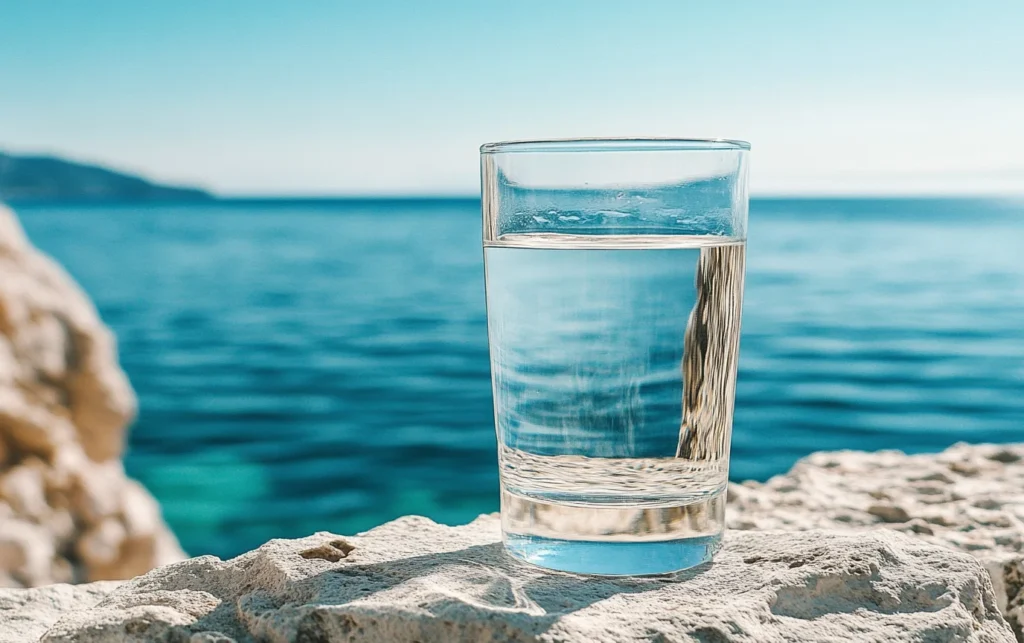Seawater might seem like an immediate source of hydration when you’re stranded on a beach or a boat, but consuming it can lead to serious health issues. Despite its abundance, drinking seawater poses significant risks that can compromise your health and survival.
High Salt Content
One of the primary reasons you should avoid drinking seawater is its high salt content. Seawater contains approximately 3.5% salt, mainly sodium chloride. The average human body cannot process such high concentrations of salt.
Dehydration Risk
When you consume seawater, the high salinity actually forces your body to use more water to expel the excess salt. As a result, you become more dehydrated, leading to a vicious cycle where you’re consuming seawater to quench thirst but ultimately worsening your hydration status.
Potential Health Consequences
Drinking seawater can lead to several health issues, including:
- Kidney Damage: Your kidneys have to work harder to filter out excess salt, which can lead to kidney damage or failure over time.
- High Blood Pressure: An influx of sodium can increase your blood pressure, putting additional strain on your cardiovascular system.
- Severe Dehydration: Contrarily, the fluids within your body can be depleted, causing severe dehydration symptoms like confusion, dizziness, and fatigue.
Conclusion
Although it may be tempting to drink seawater when other options are unavailable, the consequences far outweigh any immediate benefits. In survival situations, it’s crucial to seek alternative sources of hydration or to collect freshwater using other methods, such as condensation or collecting rainwater. Remember, seawater is not a safe or viable option for hydration.

